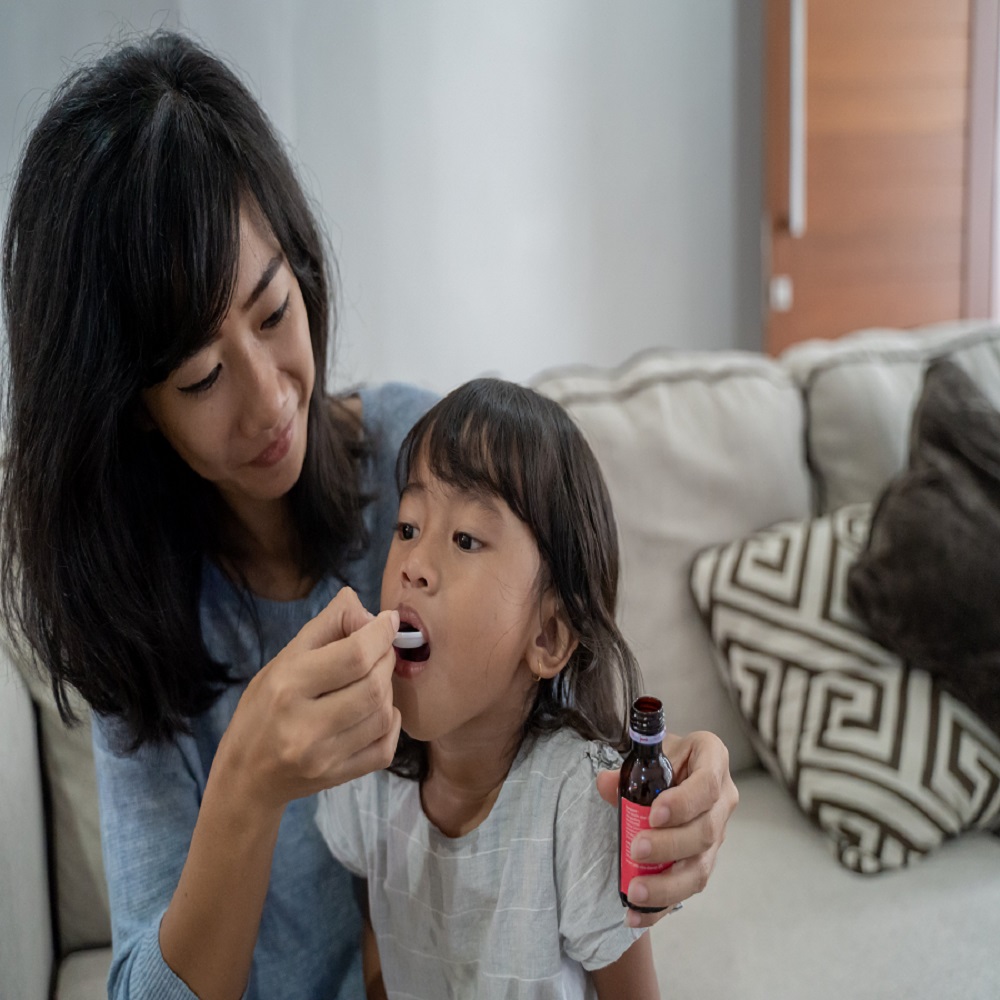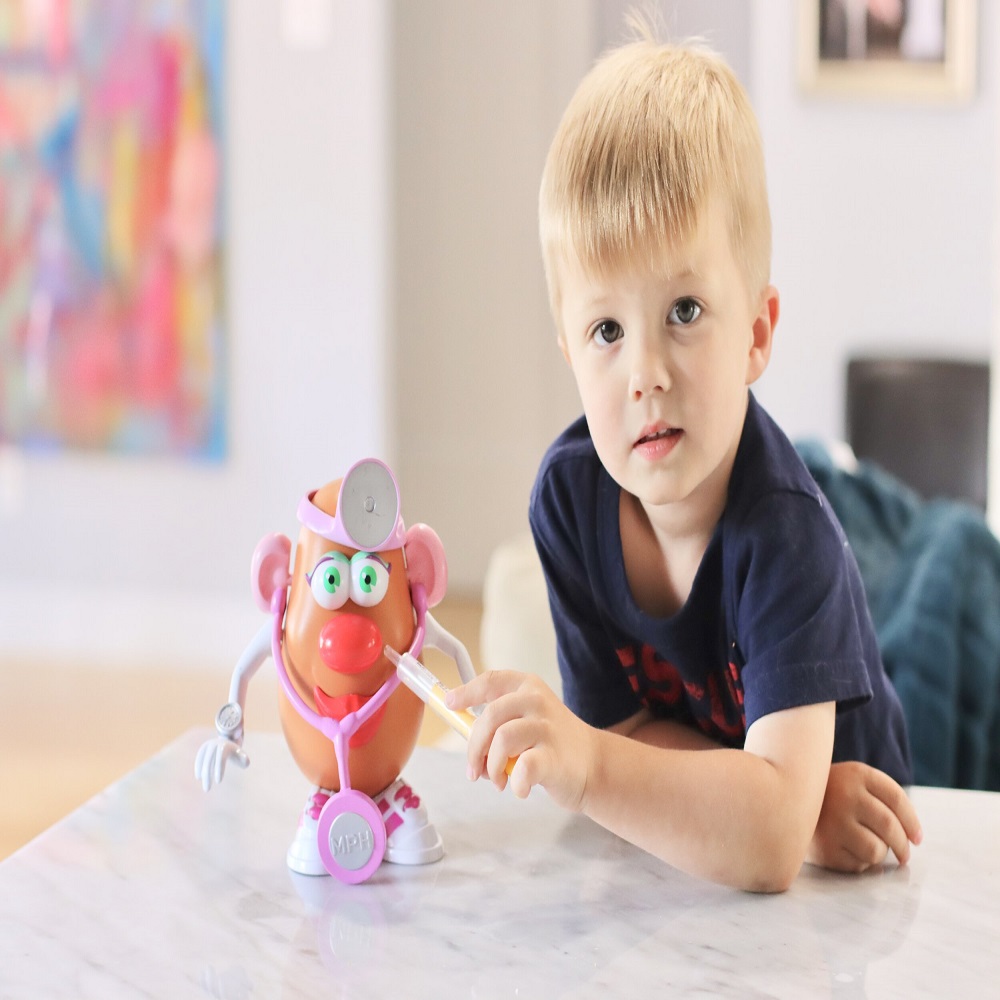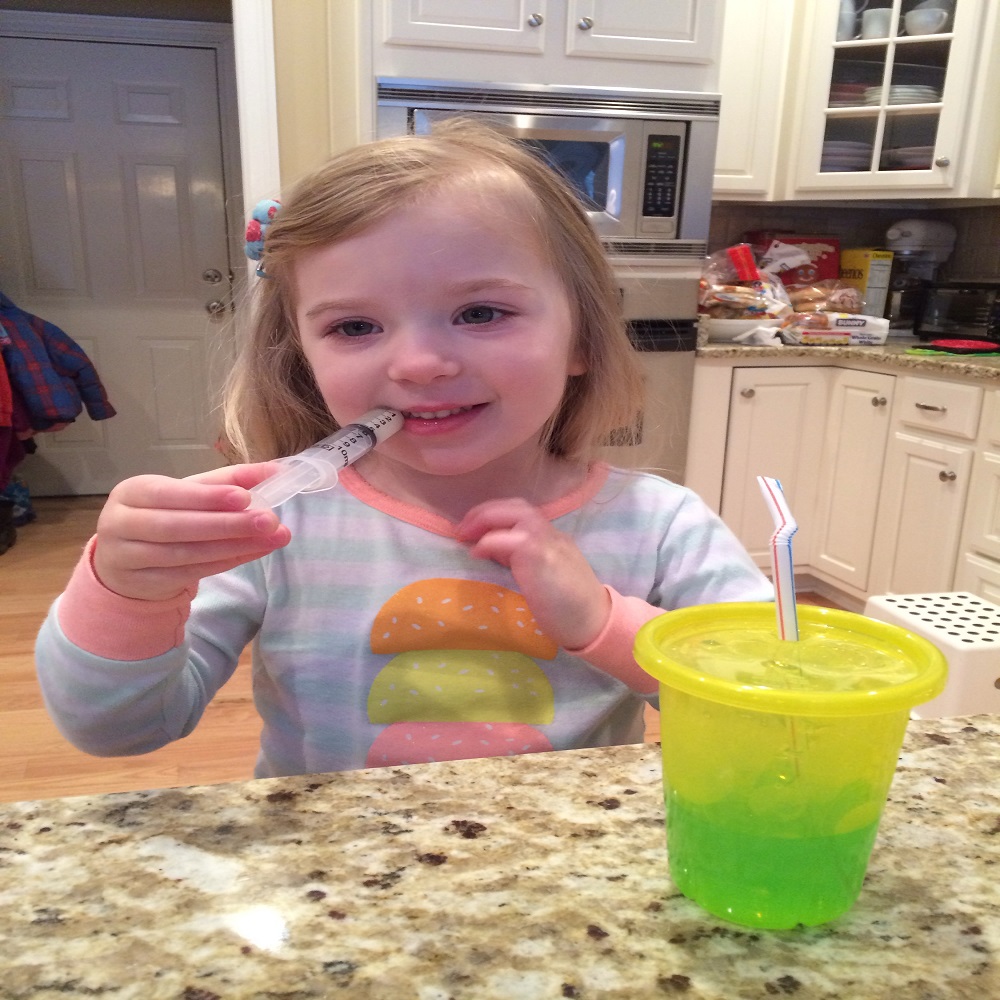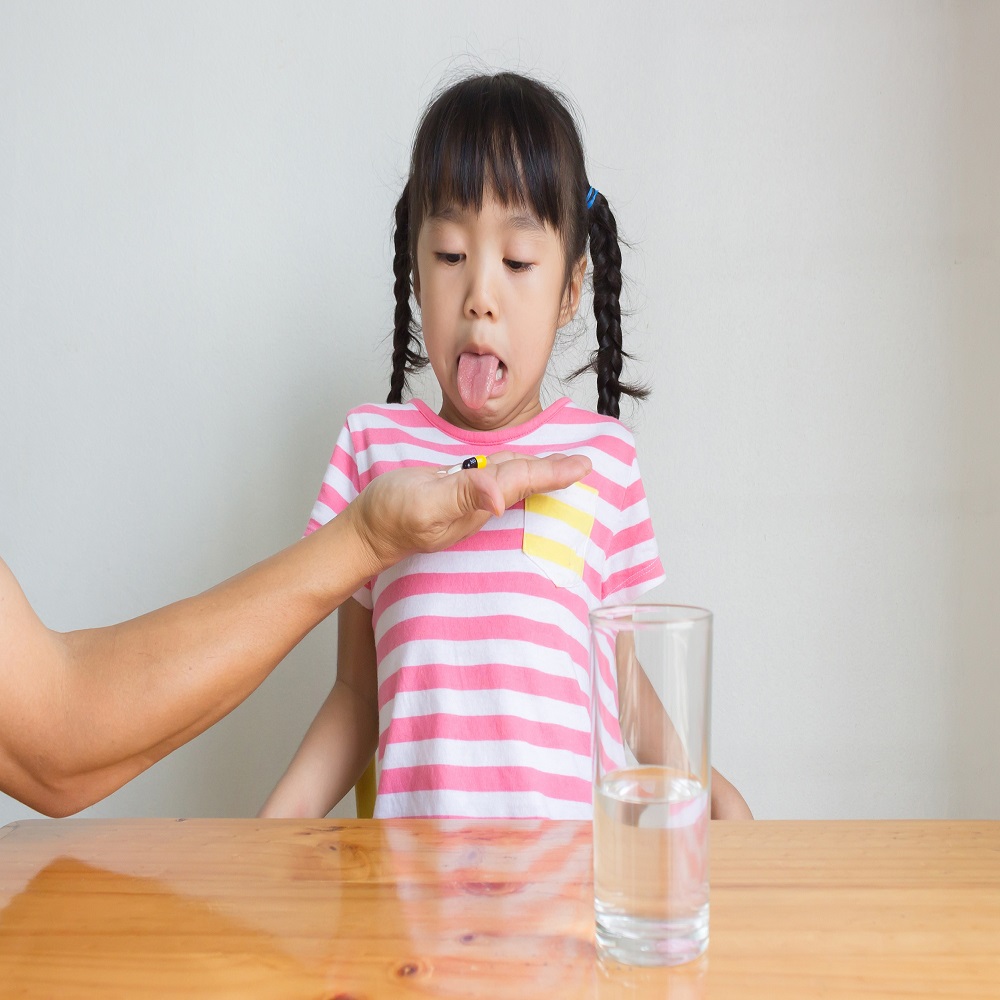Introducing the Sneaky Soda Technique
Navigating a toddler to take medicine can be a challenge. Many parents struggle with
how to get a toddler to take medicine. This is where the Sneaky Soda Technique comes in.
It’s a simple yet effective method to make medicine more acceptable for young children.
The Basics of the Soda Swap Trick
The Soda Swap Trick involves two key elements: a dose of medicine and a fizzy,
dark-colored soda such as root beer. First, prepare two small cups. Put decaffeinated soda in both.
Next, mix the required medicine dose in one of the cups, using the soda as a disguise.
When and How to Use the Soda Swap
Use the Soda Swap during regular medicine times. Show your toddler the spoon of medicine first,
then offer the soda as a quick follow-up drink. With this trick, your toddler’s focus shifts to the soda,
helping them take their medicine without a fuss. Especially handy when other methods fail,
this technique can turn a stressful situation into a more pleasant one.

Alternative Medicine Delivery Options
When the Sneaky Soda Swap isn’t an option, consider these alternative medicine delivery methods for your toddler.
Using Droppers and Syringes
Droppers and syringes can directly place medicine where it’s less likely to touch taste buds. Aim for the cheek or throat.
The Benefits of Smaller, Frequent Doses
Dividing medicine into smaller doses over time can ease a toddler’s resistance. It makes the process less overwhelming.
Hiding Medicine in Food and Drinks
When toddlers resist taking medicine, hiding it in food or drinks is a common tactic. It’s about finding the right mix to mask the medicine’s taste. The key is the proper mix. Parents often turn to this method as a last resort. But there are crucial factors to consider to ensure it’s done safely and effectively.
Creative Combos: Mixing Medicine With Treats
Mixing medicine with treats can turn a battle into a breeze. Start with small amounts of food. Favorites like apple sauce, pudding, or yogurt work well. Sweet liquids like juices can also help. The goal? Make sure the taste of medicine is not dominant. But be careful. Always check with a doctor first. Some medicines can’t mix with certain foods. Never mix medicine with too much food. Your toddler needs to finish it all to get the right dose.
Important Considerations When Concealing Medicine
Concealing medicine takes thought. First, honesty matters. Explain to your toddler why they need it. Choose foods your child likes, but not their favorites. You don’t want them to start refusing their beloved treats. Be consistent with the amount of food you use. You want the full dose of medicine, not half. Lastly, check the food does not change the medicine’s effect. Timing is important too. Stick to regular medicine schedules even when you hide it.
Building Positive Associations With Medicine Time
Turning medicine time into a positive experience is key for toddlers.
Making Medicine Time Fun and Interactive
Play games or do a little dance to make medicine taking less scary. Use toys or songs to distract them during the process. Make silly faces or tell a fun story to keep things light.
Reward Systems for Successful Medicine Taking
Celebrate when they take their medicine without fuss. Give stickers, extra playtime, or a favorite snack as a reward. Praise them for being brave and doing great with their medicine.

Establishing a Medicine Routine
Creating a medicine routine is crucial. It makes taking medicine less surprising for toddlers.
Importance of Consistency in Administration
Consistency helps toddlers know what to expect. It reduces stress around medicine time.
Keep the time the same every day. This builds a habit.
Explain why they take medicine at this time. Kids understand more than we think.
Fitting Medicine Time Into Daily Schedules
Plan medicine time around regular activities. Mealtime or bath time can work well.
Discuss schedule changes with your toddler. It helps them feel involved.
Use calendars or charts as visual aids. They can track medicine times visually.
Reward them for following the routine. Stickers or extra storytime are good incentives.
Remember to be patient. Routines take time to stick.
Educating Your Toddler About Medicine
Navigating the world of medications with your toddler can sometimes be as tough as the medicine itself. Understandably, toddlers may be wary or fearful of medicine. Here lies the importance of education and honest communication.
The Power of Honest Communication
Talking openly with your toddler about medicine is crucial. Be clear and gentle when explaining why they need it. Use simple terms they understand. Say ‘medicine helps you feel better’ instead of using complex explanations. Validating their feelings is also important. Acknowledge that they might not like the taste, but it’s for their health. When children know what to expect, they’re less likely to resist.
Encourage questions and try to answer them. This can help reduce their fear and build trust. If you expect resistance, prepare a calm and reassuring response in advance. Remember, calm conversations can pave the way for easier medicine times.
Teaching the Purpose and Benefits of Medication
It’s beneficial to teach toddlers the good side of medicine. Mention that it helps fight the ‘bugs’ making them sick. Relate it to superheroes if that resonates with them. Compare it to their body’s little helpers which are working inside to make them strong again.
Use storytime to talk about health. Stories with characters that take medicine can normalize the experience. Point to these characters as brave and smart for taking their medicine. The aim is to create a positive view of medication leading to better cooperation during medicine time.
In your conversations, reinforce the benefits. Focus on the activities they can enjoy once they’re feeling better. Linking medicine to fun reinforces a positive outcome. ‘After your medicine, we can go play your favorite game.’ This can encourage them to take their medicine without a fuss.
Educating your toddler about medicine shouldn’t be a one-off. Keep the conversation going. Make it a part of their learning just like their ABCs. When you keep reinforcing these points, your toddler will likely be more willing to take their medicine when needed.

Achieving Cooperation and Control
Learning how to get a toddler to take medicine can often involve negotiation and strategy.
Offering Controlled Choices to Toddlers
Give toddlers some control over medicine time. Let them choose the flavor or the delivery tool. Explain their choices simply. Say, ‘Do you want the blue cup or the red one for your medicine?’ Small decisions make them feel in charge.
Acknowledge their feelings even when they pick. Say, ‘I see you like the red one, good choice!’ This encourages them to participate without a struggle.
Practice Strategies for Pill Swallowing
Practice makes perfect for swallowing pills. Start with tiny, harmless candies. Increase the candy size slowly as they learn. Praise them with excitement, ‘Wow, you did it!’ Encourage with fun narratives. ‘You’re a superhero swallowing these magic seeds!’
Use games to make practice fun. Pretend the candy is a spaceship navigating the ‘cave’ of their mouth.
Professional Support and Advice
Navigating the challenges of getting toddler to take medicine often requires more than tricks and patience. When difficulties persist, seeking professional support and advice can be invaluable.
Consulting Health Specialists When Challenges Persist
If your toddler consistently resists take medicine, consider consulting a health specialist. Pediatricians understand these struggles and can offer tailored strategies. They might suggest alternative medicine forms or flavors that could entice your child. Specialists are there to support both you and your toddler through this common challenge.
Ensuring Safety in Medicine Administration
Above all, safety is key when administering medicine to your child. Always follow dosage instructions and check with your healthcare provider before mixing medicine with food or using new methods. A safe approach ensures that your child gets the full benefit of the medicine without risks. Remember, a health specialist is your partner in your child’s well-being.
